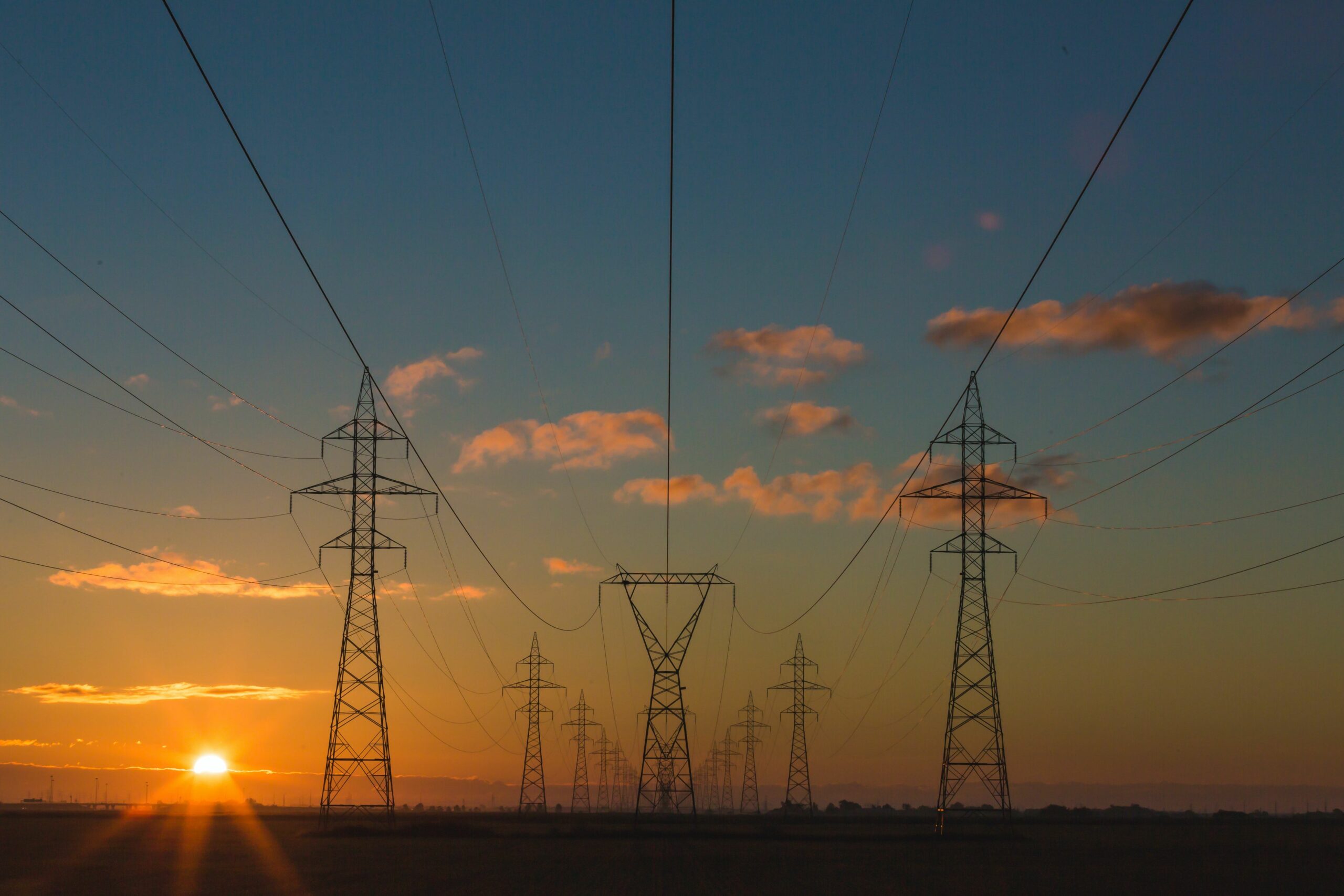
Energy
The lion’s share of the global greenhouse gas emissions come from the energy sector. To secure the appropriate contribution of the sector for achieving national NDCs and LTSs, ambitious climate actions need to be tailored to each country-specific context. The LEDS GP support for developing targeted solutions on sustainable energy supply and consumption through the work of its various energy-related Communities of Practice (CoPs) and the Energy Working Group. Examples range from a creative way of improving energy consumer habits to detailed guidance for policy makers to promote cutting edge technologies in different regions of the world.
You can find some examples of our work below:
Supporting early action and innovation is one of the key objectives of the LEDS GP. The LEDS LAC platform supported the co-design and outreach for an innovative competition The Energy Culture Challenge 2020 in Colombia. The Challenge invited fresh ideas on how to improve the energy use culture in the country – with a group of engineering students winning the first prize.
Low-emissions electricity in Malawi can promote energy access while achieving the national climate goals. The LEDS GP supported the Ministry of Energy of Malawi in expanding its ‘solar+storage’ systems. A concise report for policymakers provides an overview of policy options and makes specific recommendations for the case of Malawi.
Developing solutions which fit local contexts is one of the LEDS GP’s main objectives. Please find further information about the Climate Helpdesk here – including how to request support. Additional technical assistance highlights can be found in the Climate Helpdesk Impact Stories brochure.
A challenge for sustainable energy supply in Colombia is that the country has not yet been able to tap into its high biogas potential, despite environmental regulatory frameworks. The LEDS GP provided targeted support at key stages to accelerate action and scale ambition. It supported an analysis of the reasons behind low levels of biogas deployment, harnessing practitioners’ views on existing barriers, including a broad range of recommendations.
Recognizing youth leaders as a driving force for low-emissions transformation: LEDS LAC co-organized an online networking session with the Youth Sustainable Energy Hub (YSEH) in 2021. During this event, YSEH members who pursue their own green energy initiatives exchanged ideas and experiences with energy experts of LEDS LAC and LEDS GP. The aim was to bring together the perspectives of youth and government officials for effective collaboration – connecting ideas and people is one of the LEDS GP’s strengths.
In Africa, renewable energy based interconnected mini-grids (IMGs) are a low-emission technology that can contribute to increasing access to sustainable energy for all. In other words, IMGs can serve the needs of the population, the climate, and the economy. IMGs can also play a key role in “green recovery” in the wake of the COVID-19 pandemic. To help reap these multidimensional benefits, the LEDS GP and Africa LEDS initiated a Community of Practice (CoP) on African Mini-Grids in 2017. In 2021, the African Mini-grids CoP kicked off a series of regional learning events that analyze opportunities for agricultural uses of energy in mini-grids. You can find the slides and a recording of the event here.
Recognizing the importance of the private sector for the implementation of IMGs, the LEDS GP published a policy guidebook in 2021 on policy and financial instruments that can help private sector actors to fully unfold their potential to take IMGs forward.
The LEDS GP website offers more information on the activities of the partnership’s Working Group on Energy and its related Communities of Practice.
